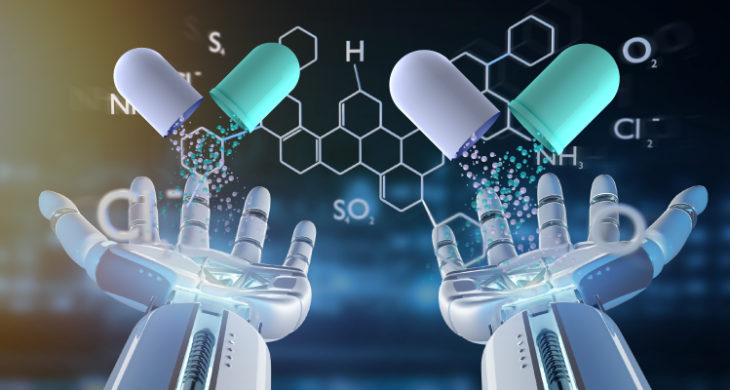Artificial intelligence (AI) is revolutionizing the field of drug discovery and development, bringing unprecedented speed and efficiency to a traditionally long and costly process. By leveraging vast datasets, advanced algorithms, and predictive models, AI is accelerating the identification of new drug candidates, optimizing the design of clinical trials, and reducing the time it takes to bring new therapies to market. This transformation holds immense promise for addressing some of the most pressing medical challenges of our time, from rare diseases to global pandemics.
Drug discovery is a complex and resource-intensive process, often taking over a decade and costing billions of dollars to develop a single new drug. Traditionally, scientists have relied on a trial-and-error approach, testing thousands of compounds in the hope of finding one that has the desired therapeutic effect. AI, however, can analyze vast amounts of biological, chemical, and clinical data, identifying patterns and predicting which compounds are most likely to be effective. This data-driven approach not only accelerates the initial stages of drug discovery but also increases the likelihood of success.
One of the key applications of AI in drug discovery is in the identification of drug targets. By analyzing genomic and proteomic data, AI can pinpoint the specific genes or proteins that are involved in a disease, allowing researchers to develop drugs that target these molecules. This targeted approach can lead to more effective treatments with fewer side effects. AI can also be used to repurpose existing drugs for new therapeutic uses, identifying previously overlooked relationships between drugs and diseases.
In addition to drug discovery, AI is also playing a crucial role in the development phase, particularly in the design and execution of clinical trials. Traditionally, clinical trials have been costly and time-consuming, often requiring large numbers of participants and extensive data collection. AI can optimize the design of clinical trials by predicting which patient populations are most likely to respond to a treatment, reducing the need for large, expensive trials. AI can also help identify biomarkers that indicate how a patient is responding to treatment, allowing for more personalized and adaptive trial designs.
AI-driven drug development is not without its challenges. One of the main concerns is the quality and reliability of the data that AI systems rely on. Inaccurate or biased data can lead to flawed predictions and, ultimately, ineffective or unsafe drugs. Ensuring the transparency and interpretability of AI models is also a key concern, as regulatory agencies like the FDA require a clear understanding of how AI-driven decisions are made in the drug development process.
Despite these challenges, AI is rapidly becoming an integral part of the pharmaceutical industry. Numerous biotech companies and research institutions are already using AI to discover new drugs and optimize their development pipelines. In the coming years, AI is expected to play an even more prominent role, leading to faster, more cost-effective drug development and, ultimately, better patient outcomes.
By Our Media Team
Our Editorial team comprises of over 15 highly motivated bunch of individuals, who work tirelessly to get the most sought after curated content for our subscribers.




